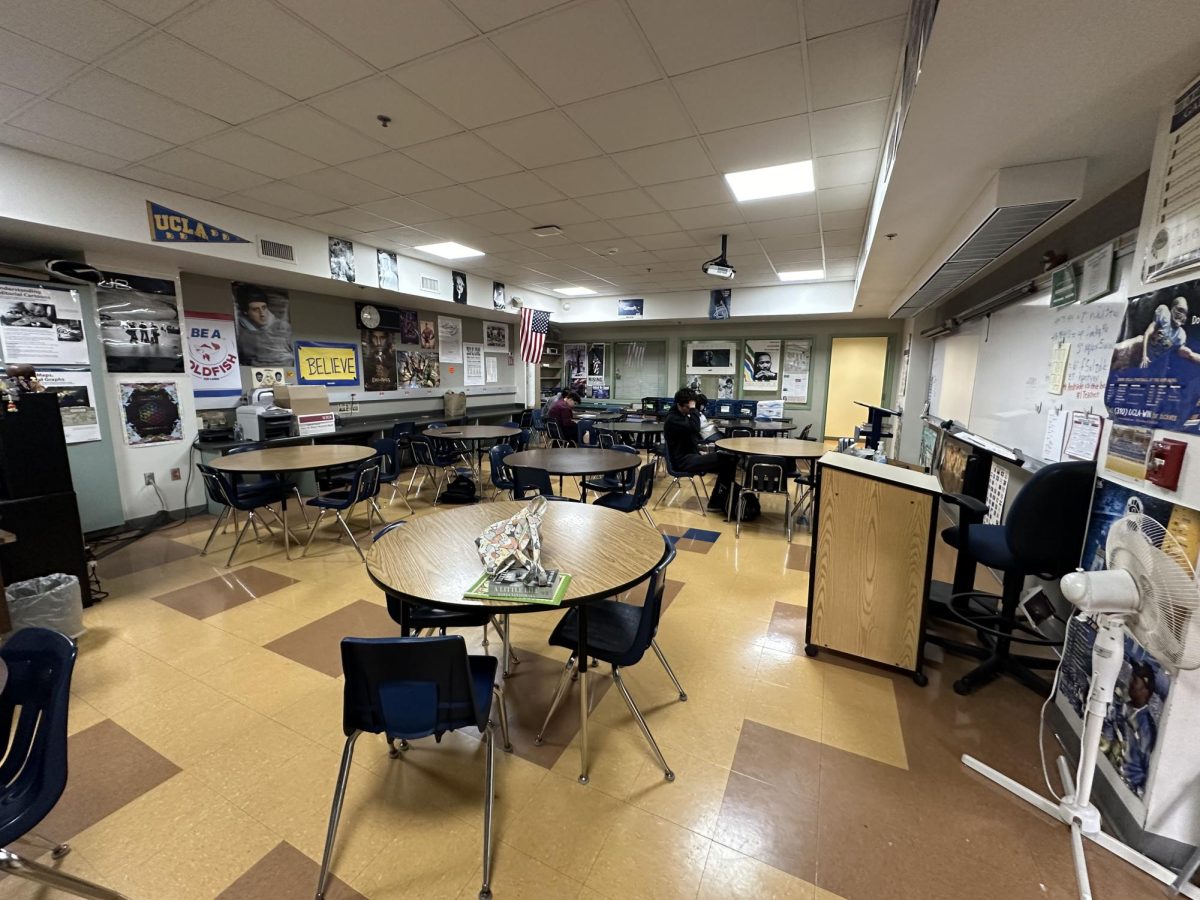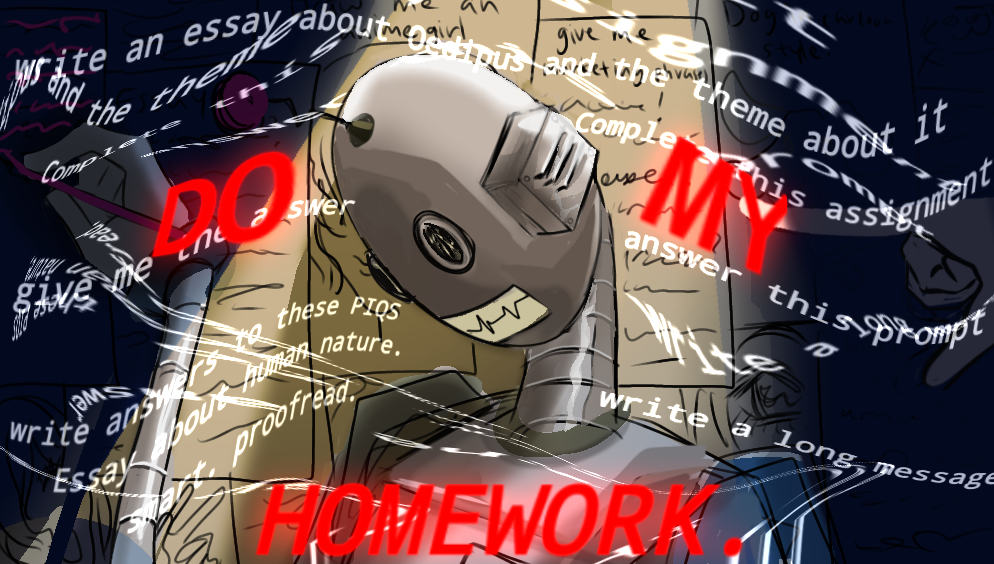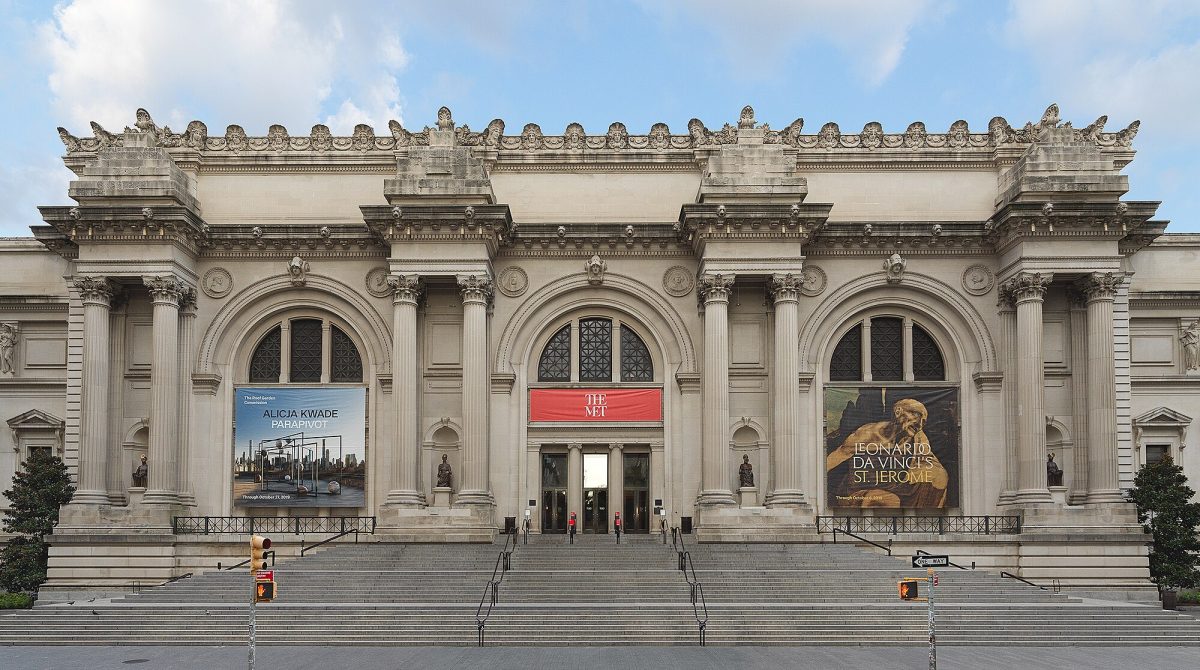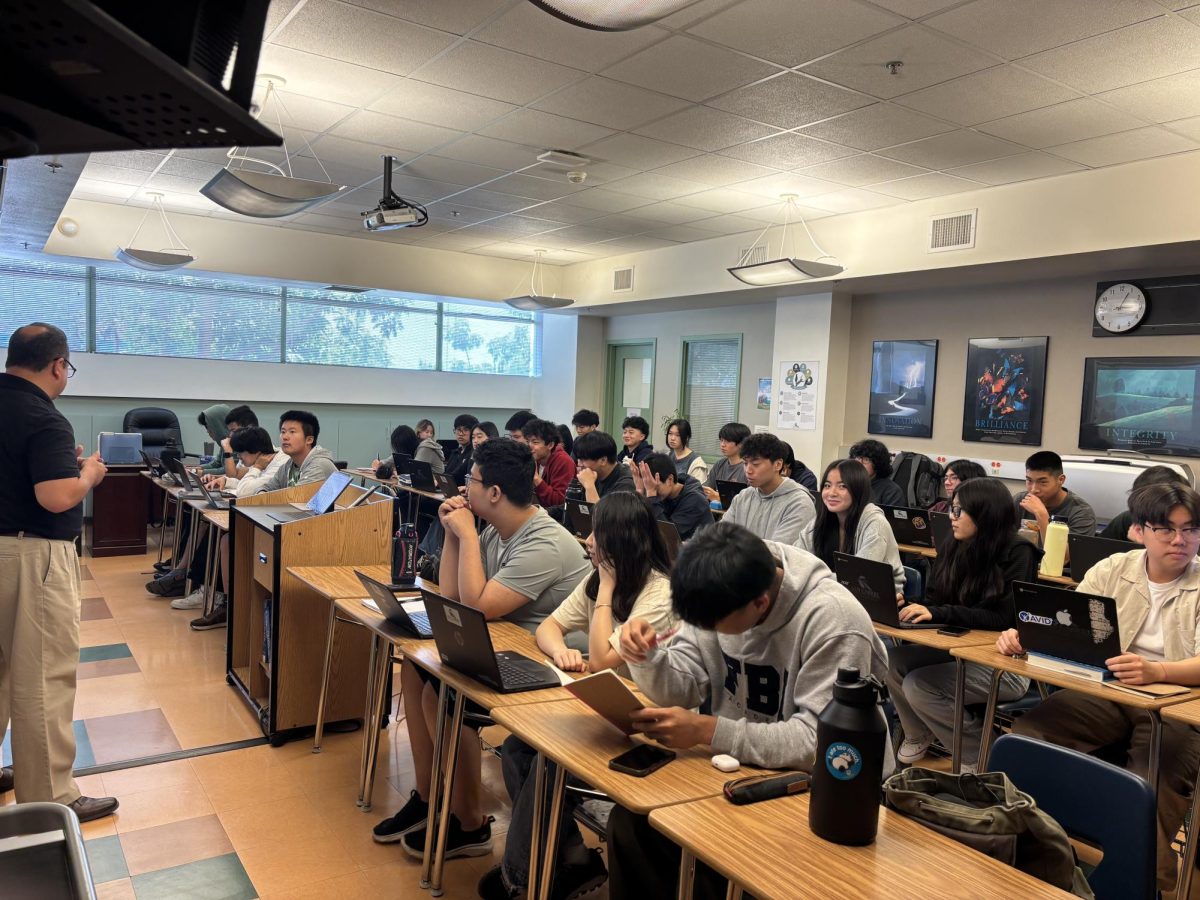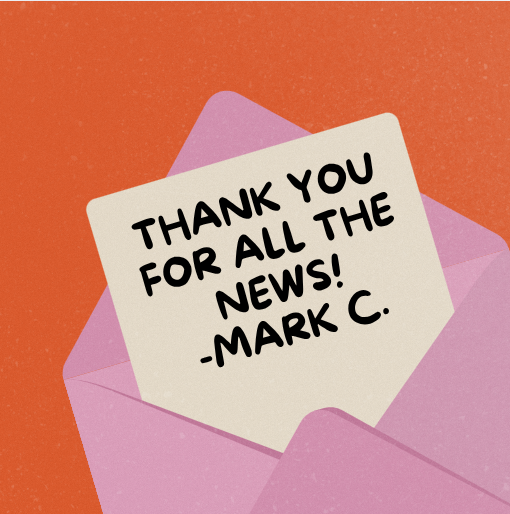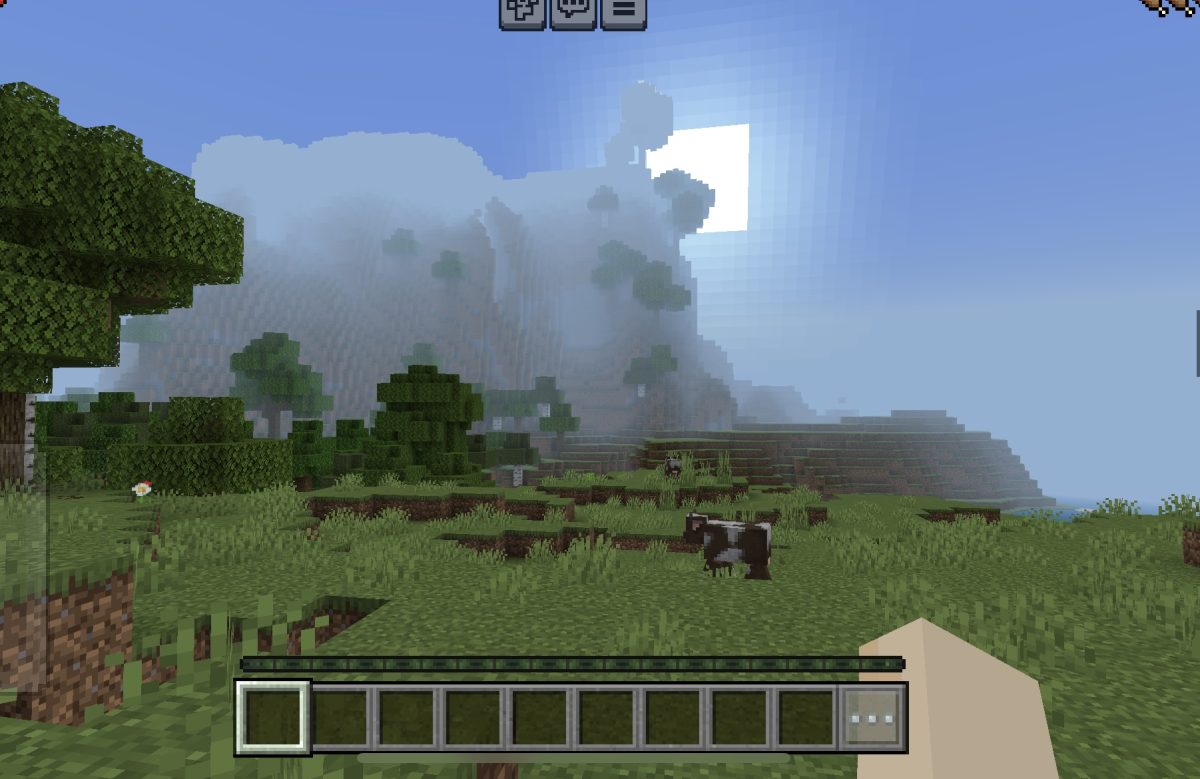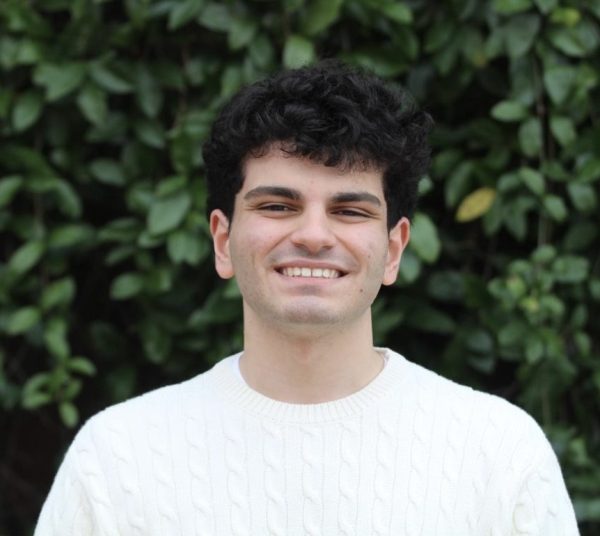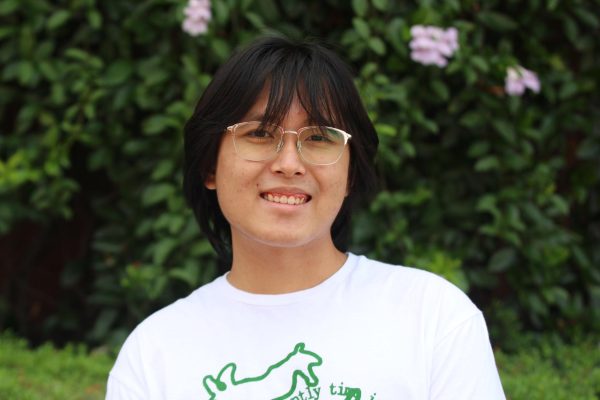Gabrielino High School offers AP United States History (APUSH), AP World History, and AP United States Government and Politics within the social sciences department. Rather than challenging themselves by taking a rigorous class, many students have opted to “get ahead” and take the regular versions of these classes over the summer. Over enrollment in summer social sciences not only holds Gabrielino students back from developing the critical thinking skills associated with social science classes, such as understanding societal change and patterns of continuity, but also depletes classrooms and treats social sciences as a nonessential discipline.
Gabrielino students must be equipped with skills necessary to understand and approach social systems within the world. The extremely cramped time frame of summer social science classes, most often completed through online programs with little moderation or face-to-face interaction, is not the correct learning environment for this. Summer social science classes fail to allow students enough time to absorb the material, or foster crucial skills which come from learning social sciences, including cultural understanding and historical analysis.
“You don’t develop the critical thinking skills of a social science class when you take it over the summer,” shared AP United States Government and Politics teacher Marcos Andrade. “Especially when the session is only a few months long and the majority of students are just clicking through online modules, you’re not actually absorbing anything (…) it’s like a shadow of COVID.”
Although some may argue that it is a small portion of students taking summer social science classes, this is simply not the case, as the proportion of students taking social science classes over the summer is far from a minority of the student populus. In a survey conducted by the Tongva Times on May 20 asking students if they have completed a social science course at least once during their high school career, 29 of the 68 respondents responded with “Yes.”
“Around 400 students are taking summer get ahead every year, and the overwhelmingly majority are taking social sciences,” said AP World History teacher Shawn Peters. “You can’t expect kids to be civic minded and ‘global citizens’ when they are not even learning history.”
Beyond social science classes, the amount of students enrolling into AP social sciences such as AP World History, AP United States History, and AP American Government and Politics has also deteriorated due to a larger portion of Gabrielino students taking summer social sciences. Many high achieving students view summer social science courses as an easy way out of their AP counterparts, missing out on valuable opportunities to develop skills, including understanding societal development and comparative analysis, which are typically a part of AP social science coursework.
“I used to teach six AP United States History periods, and now I am down to three,” shared AP United States History teacher Kathleen Monahan. “AP and year long classes allow for a fuller understanding of the material. AP specifically prepares students for college level social science work, which every student will need to do in order to graduate college. Students in AP benefit much more, as they take on college level social studies work and build those skills early in a much more supportive high school setting.”
The value of AP and year-long social science classes goes beyond better preparing students for college-level coursework. Although summer social science classes are a chance to lighten one’s academic load, free up a period, or take an extra elective, left out the conversation are its negative effect on students and social science teachers alike.
According to a study conducted by The National Assessment of Educational Progress, “Only 13% of (high school) students scored proficient in history and only 22% scored proficient in civics on the National Assessment of Educational Progress; 40% of students scored below the basic level of knowledge in U.S. history, a decline from 34% in 2018.” When only approximately one in ten students understand their country’s history, students need to be in history classes more now than ever before. Summer social science classes fail to give students a true understanding of their country’s people and societies, but AP does the opposite, allowing students to develop a deep, college level understanding of the world and civic affairs.
“In a summer social science course, you are not going to develop skills you need in everyday life, like understanding human connections, people, and societies,” stated APUSH student Gabriela Sanchez. “In AP, you have to actually understand and apply these patterns. In the summer, you can blow through an online module and quizlet your way through all the tests.”
Apart from missed opportunities for students to develop crucial abilities and a decline in AP social science enrollment, summer social science classes threaten the Gabrielino social science department as a whole. Due to an increasing number of Gabrielino students enrolling in summer social science classes each year, the department has lost multiple class sections and teaching positions.
“The social sciences department used to have twelve staff members, and we’re down to eight due to get ahead,” explained Peters. “Even though there is declining enrollment in general, a quarter of students are taking social studies in the summer, which is something like twelve sections. That’s two whole teaching positions the social science department has lost due to get ahead.”
For Gabrielino students, it may be a bit extreme to ban summer get ahead classes altogether. After all, students may have familial responsibilities or a part time job which keeps them from having a six period schedule. However, action should be taken to discourage students from taking get ahead social science classes unless absolutely necessary.
“I think the best way to boost AP and regular social science enrollment is to make students understand the significance of their social science classes,” stated Sanchez. “In a summer social science class, there is no way to fully internalize what you are learning. When you become an adult and it’s time to implement the lessons you should have learned from your social science classes as a voter, like AP United States History, you lack the knowledge base to make them.”
Ultimately, it is in the best interest of both Gabrielino students and teachers that summer social science enrollment is discouraged. To better prepare Gabrielino students for the real world, protect social science teachers, and maintain social science enrollment, summer social science classes should be advised against and reserved only for special circumstances.

